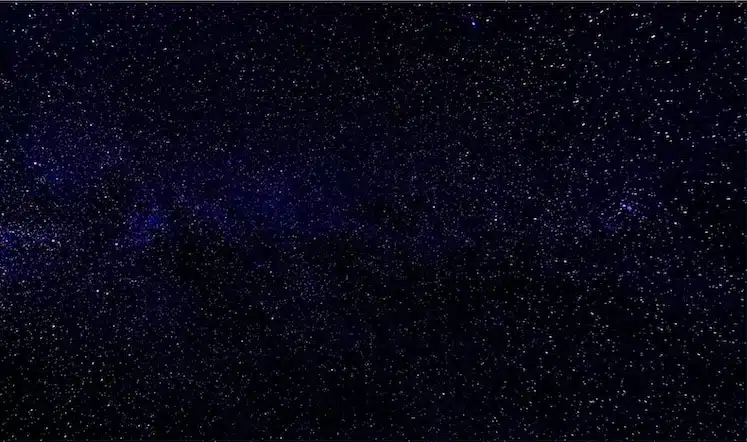In the translator’s workinghouse: the forge of lexicon 1


Written By Paul Baffier
Blog | Reflections on translation
In the translator’s workinghouse: the forge of lexicon 1 Paul talks about words in Dzogchen and many refer to the primordial state.
“In the quick forge and workinghouse of thought” – Shakespeare
When we translate, we make choices; these choices of words direct consciousness (consciousness is the conditioned aspect of the mind) towards conceptions; behind these conceptions, there are states: conditioned states and an unconditioned state, which is therefore not a state… but we will come back to this.
Precisely: words point to states, and in the dzogchen many words refer to the primordial state. Let’s open the doors of our workinghouse-mind: in Tibetan there are rig pa, gnas lugs, sems nyid, and ye shes, all of which refer to this unconditioned state, but from different angles.

Funny little beasts
Let’s review these funny little beasts that are these words so small that try to name an absolute too big for them:
- rig pa (say “rikpa”) can be translated as “primordial knowledge”; rig, in fact, carries with it the idea of primary science, of intrinsic cognition; pa is there only to create a noun, to make the second leg of the word-animal;
- gnas lugs (”neluk”) is composed of two important terms: lugs means here “the way, the manner, the state”; while gnas is a verb which means “to reside, to remain, to be there”: one could thus translate “the way things remain”, or just as well, “the state of being there”; but then one loses a little the idea of a state which is “as it is”; from then on, one can make one’s choice on the adjective “natural”, which gives “natural state”.
- sems nyid (”semnyi”) is even more interesting to translate and imposes a radical choice: sems means mind, in the sense of the mind in its most normal and ordinary sense, the thinking mind; nyid is a suffix that we put in Tibetan at the end of words to create a concept, it is the English “-ness”; here we are quite embarrassed, because in English when we put end to end “mind” and “-ness”, it gives us “mindness” which is not an existing word; we could choose “spirituality”, but this word abounds in various meanings and in a general way, designates more systems of thoughts and practices than an unconditioned state; still embarrassed, we try various neologisms: after all in French we have other suffixes such as: “-ment, -age”, which gives rise to a whole zoo of unusable lexical bugs: “mindment; mindage”. One would be covered with ridicule to express these findings in public… How to make this “-ness” of the mind”, this fundamental, first meaning? This is where the solution comes: “nature of the mind”! That is to say the naked, direct and clear aspect of the ordinary mind.
- ye shes (”yeshey”) In some contexts, it is translated as wisdom, but here we would like to insist on the aspect of direct experience, without intellectual mediation, of an ultimate and fundamental absolute which goes far beyond our ordinary and limited conception of wisdom-beyond-white; another glue: ye shes can also be translated as “primordial (ye) knowledge (shes)”, a solution we had already chosen for rig pa. Ah the choices! Are we stuck with a lack of vocabulary ???!!!!
Let’s go back, we have to translate rig pa again.
Our choices are only provisional and as Philippe Cornu would say, translations are never definitive.
- rig pa… rig pa…
- rig designates a direct, inherent and intrinsic knowledge of the mind, in a naked act devoid of any obscuration: it is a naked science because without ambivalence, without precaution, a fearless knowledge of what is, the presence of the ultimate of all things, in all phenomena; it is the prime, primeval, obvie knowledge of a state-base-and-source, of this state-which-is-not-a-state, it is a limpid evidence that imposes itself to the dzogchen practitioner’s gaze…evidence? Eureka ! Would we translate rig pa by primordial evidence ?! That can work… until the next time!
So here we are with : “primordial evidence, natural state, nature of mind, primordial knowledge”.
Are these translations good? Are these words only beasts from the zoo of our mind and did they come to light only to distract us? Or have we succeeded in forging, “in the forge, in the workinghouse of mind”, sword-words that will be able to cut through all false conceptions and reach the heart of the primordial state?
This is where we must read our sentences and our text aloud, in a “dzogchèn gueuloir” that Flaubert would not have disowned, to see, to hear if behind the words and conceptions, the blessing passes and the natural experience emerges and blossoms…
To continue on these themes, see other articles on the need to adapt concepts according to cultures, especially Grégoire’s : Translation as Adaptation. And the seminal article from Mila Khyentse : Adapting Dzogchen.
